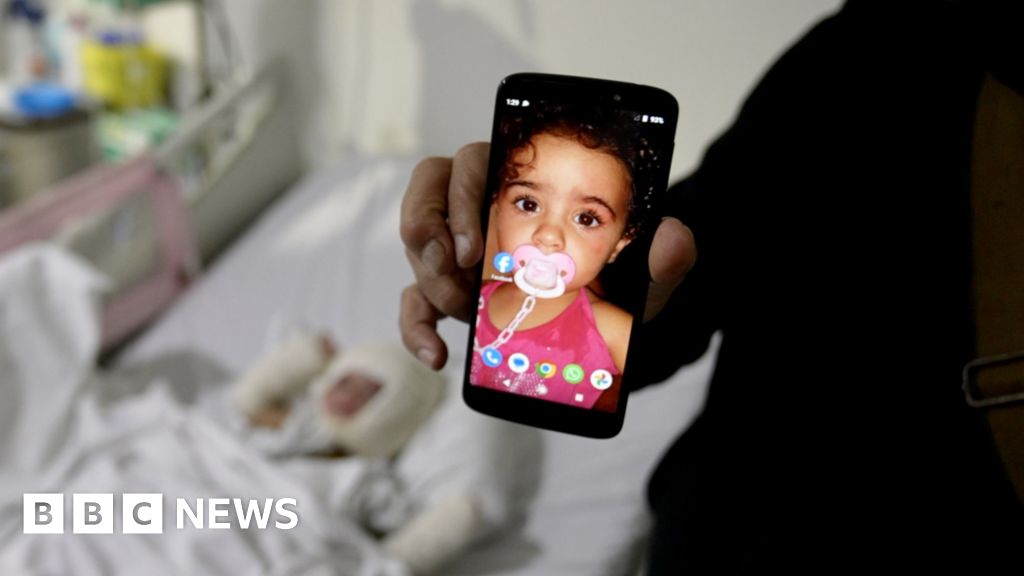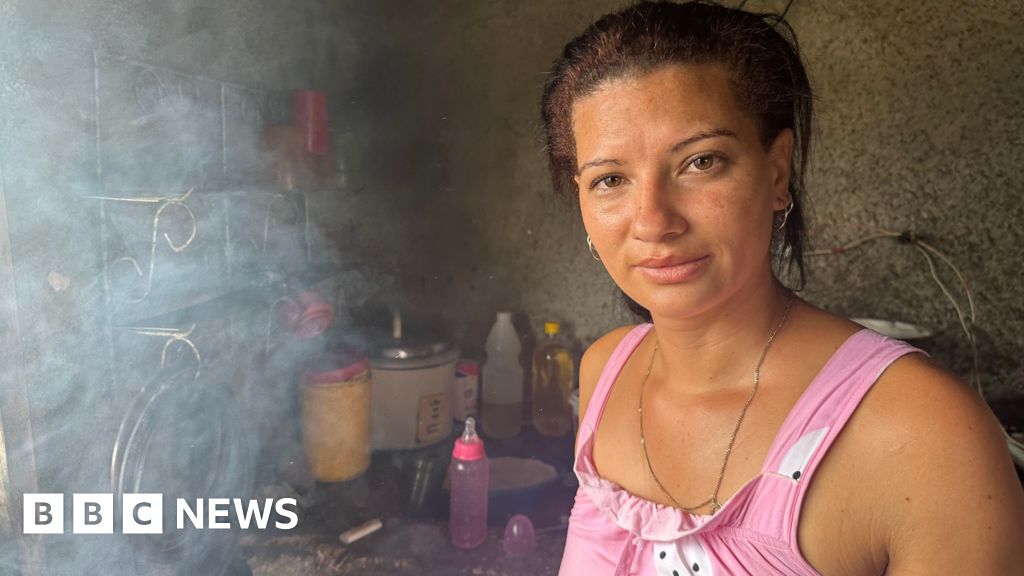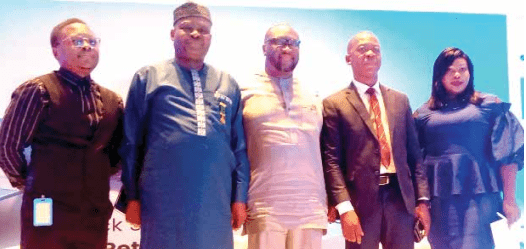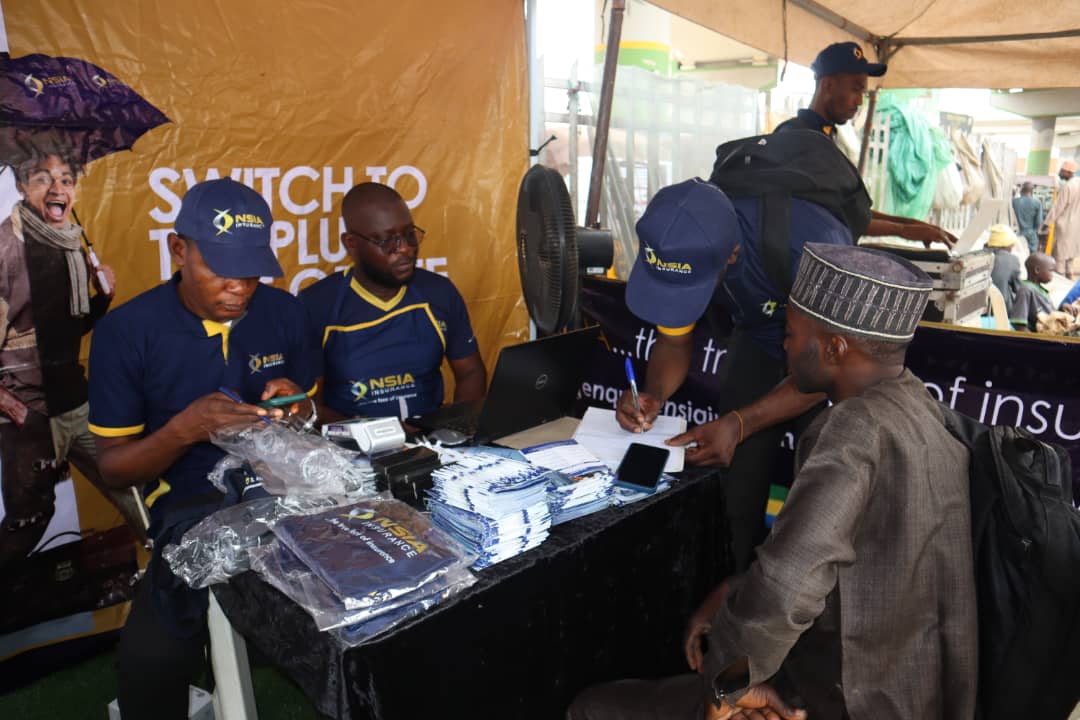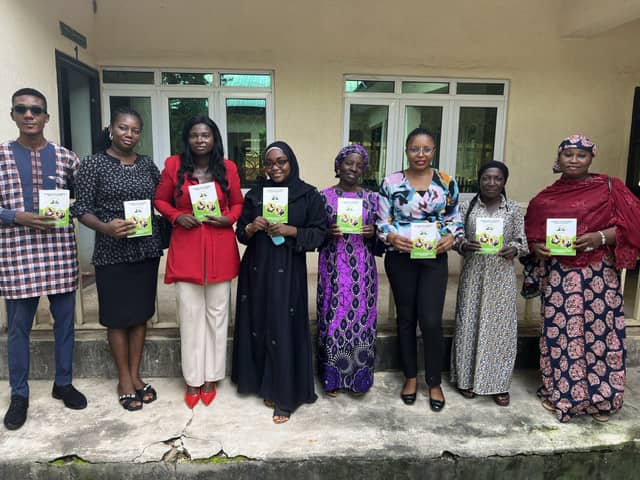Place your adverts here on InfoDig @ low rates; banner ads, sponsored links and guest articles etc. Contact us
WHO Deputy Executive Director for Mpox response in Uganda
Kampala, Uganda– The World Health Organization Deputy Executive Director of the Health Emergency Programme, Dr. Chikwe Ihekweazu, and the World Health Organization Africa Regional Emergency Director, Dr. Abdou Salam Gueye, concluded a successful two-day advocacy visit to Uganda (24-25 October 2024).
During their mission, they met with Rt. Hon. Robinah Nabbanja, Prime Minister of the Republic of Uganda, Dr. Jane Ruth Aceng, Honorable Minister of Health for Uganda, Members of the Parliamentary Health Committee, the diplomatic corps and health development partners, the United Nations Country Team, and WHO Country Office staff.
Acknowledging Uganda's transparent response to the Mpox outbreak, Dr. Chikwe emphasized the WHO's ongoing support across various response pillars to control infection and prevent severe disease forms. “We acknowledge the role of the Ugandan Government in responding to the Mpox outbreak in a transparent manner. The WHO will continue supporting the country efforts across the different pillars of the response to control infection and prevent severe forms of the disease,” stated Dr. Chikwe.
Dr. Chikwe also rallied the diplomatic corps, health development partners, and United Nations agencies in Uganda to mobilize resources and invest in community mobilization, highlighting the importance of local knowledge in emergency response. Representatives attended from the embassies and missions of Sweden, Ireland, Denmark, Belgium, Netherlands, South Korea, United Kingdom, European Civil Protection and Humanitarian Aid Operations, United States Centers for Disease Control and Prevention, United States Agency for International Development, World Food Programme, International Organization of Migration, United Nations International Children’s Emergency Fund, Africa Centres for Disease Control and Prevention, and Islamic Development Bank.
Since the first confirmed Mpox case on 24 July 2024, Uganda has recorded 167 confirmed cases across 19 districts, with one confirmed death and 84 recoveries. The WHO is supporting the Ugandan Government and partners in strengthening community structures, coordinating response efforts, conducting surveillance and field investigations, enhancing laboratory systems, and providing case management and infection prevention.
Dr. Abdou Salam Gueye called for timely investments to prevent the Mpox outbreak from overwhelming Africa’s health systems. “Africa is the most affected region when it comes to health emergencies. If we do not act fast, the Mpox cases will overwhelm the health systems in the region in terms of human resources and logistics,” he said.
The WHO team acknowledged parliamentary support and urged continued cooperation with health authorities to address public health emergencies. They emphasized the role of parliamentarians in community mobilization for risk communication and in reducing vaccine hesitancy, amongst others.
“I urge you to use your positions to support advocacy efforts, especially for community mobilization of your respective constituency and reduce vaccine hesitancy, especially in high-risk populations once vaccines arrive in the country. To address the information gaps in the community, we are relying on you to ensure that the right information is shared, and most importantly the Parliamentary Health Committee plays a key role mobilizing domestic financing for health to combat diseases outbreaks,” said Dr. Charles Njuguna, WHO Representative a.i. to Uganda.
This visit underscored the commitment of the WHO and its partners to strengthening Mpox response in Uganda.


